Children have long been a staple of horror.
Sometimes, children are the source of terror, like inFritz Kierschs andKurt WimmersChildren of the Cornadaptions.
Through surrealist imagery, Yuasa invokes a hallucinatory effect that perfectly mimics a childs nightmare.
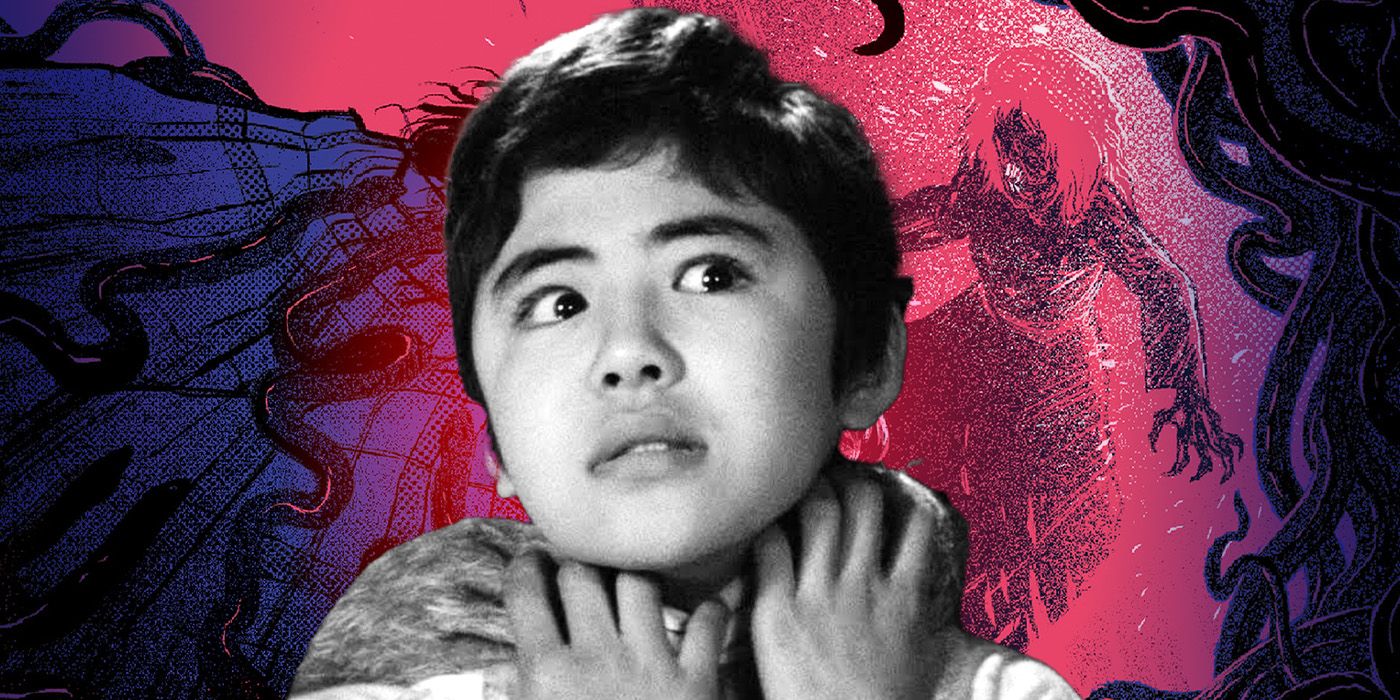
Image by Zanda Rice
Sayuri is excited until she gets there.
Dont look under the bed.
Sayuri is powerless in a new environment and without real allies.
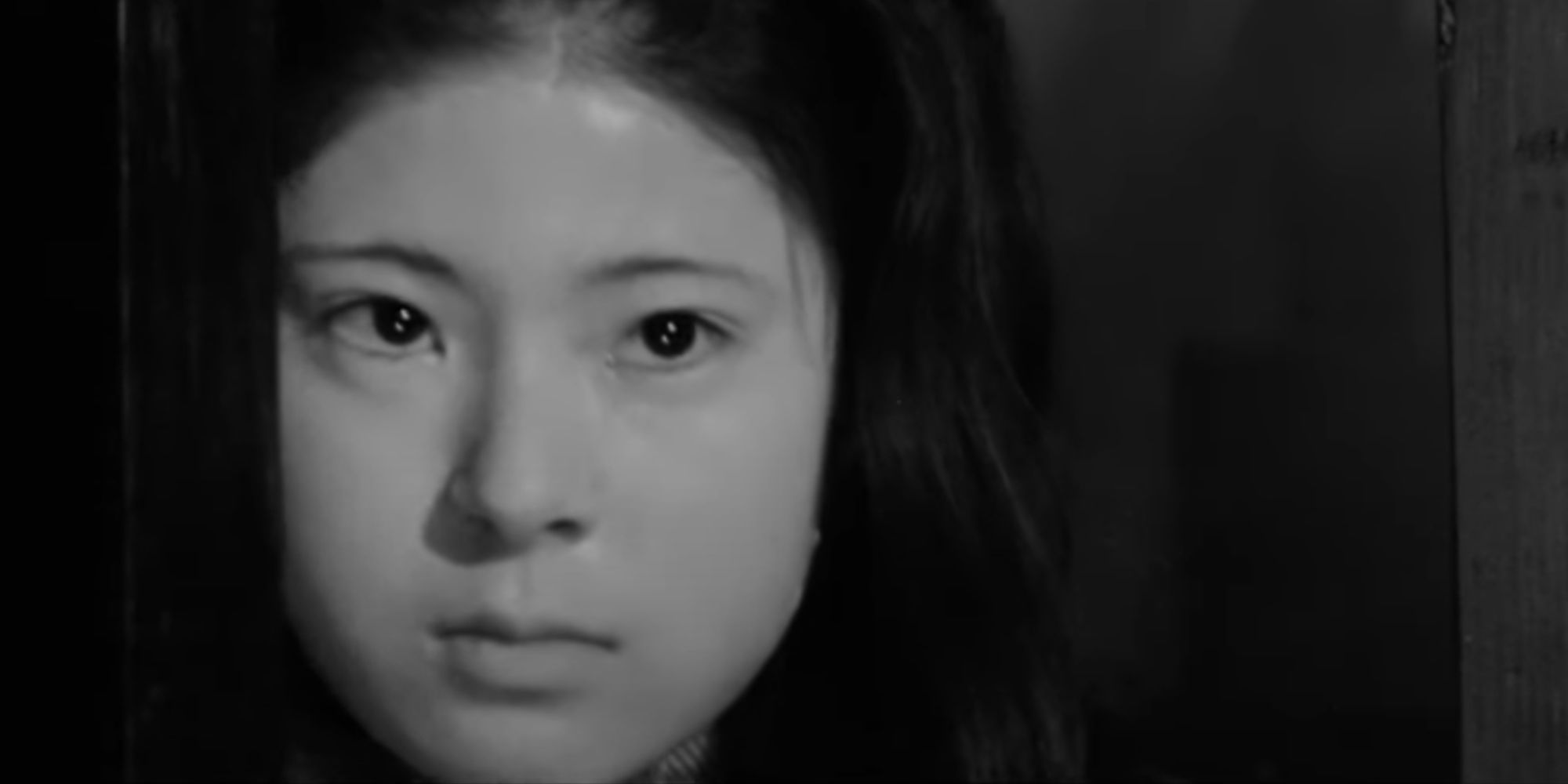
Image via Daiei
Throughout the film, Sayuri speaks to the audience through a voice-over.
Despite things becoming increasingly strange and scary, the housekeeper continues to accuse Sayuri of being a colorful liar.
This powerlessness is one of the most frustrating and frighteningaspects of being a child.
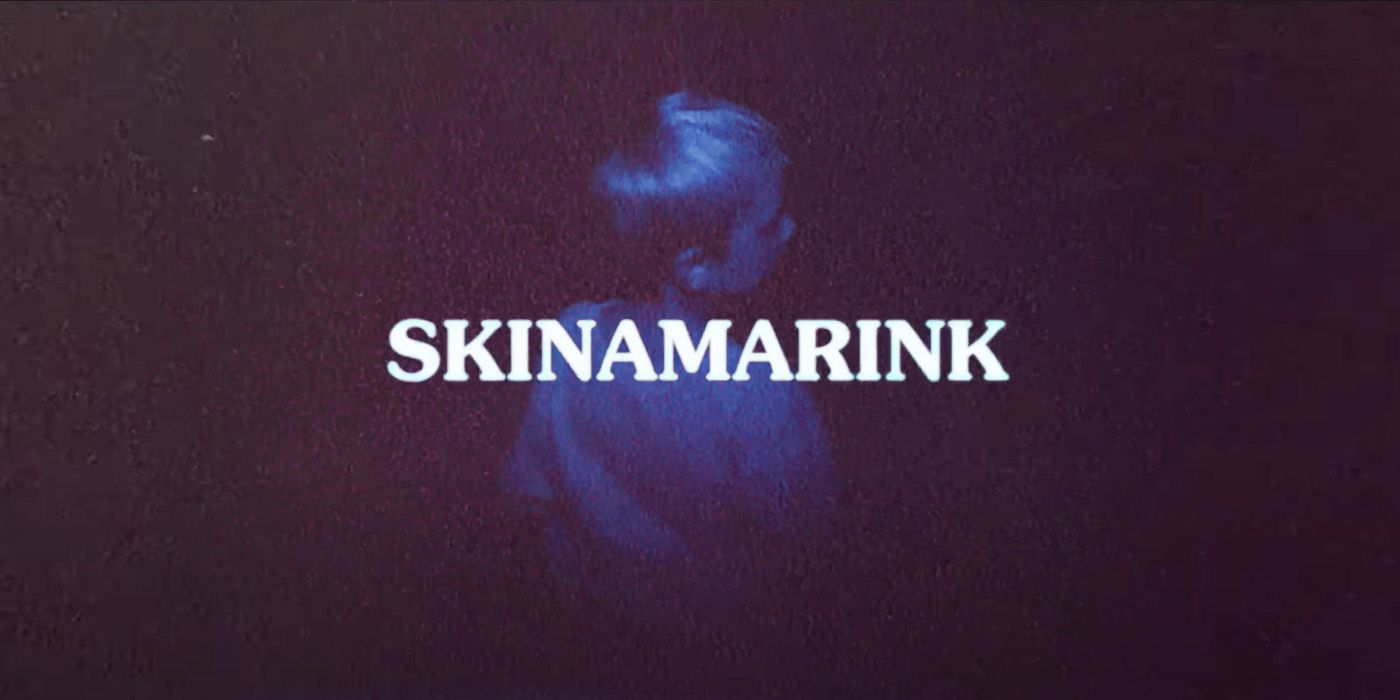
Set against a gothic backdrop, these surrealist elements pop.
The film is shot in black and white, and primarily confined to a lavishly decorated mansion.
Many of the rooms are mysteriously locked, catching Sayuri and the viewers attention.
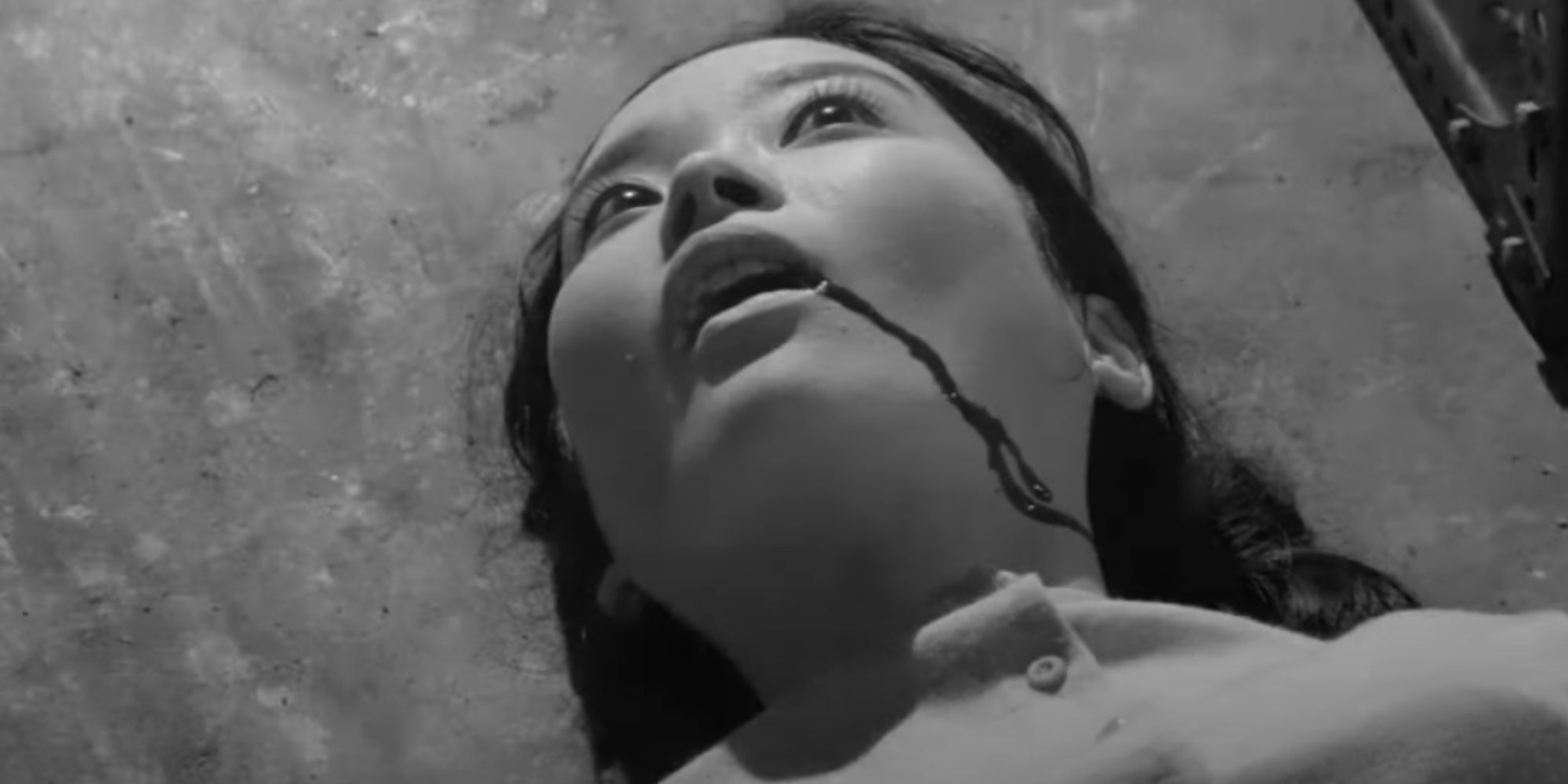
Image via Daiei
This haziness is contrasted against the bursts of violence peppered throughout the film.
The makeup for the titular snake girl is understated, but out-the-box.
The outlandish visualscouldjust be Sayuri’s overactive imagination.
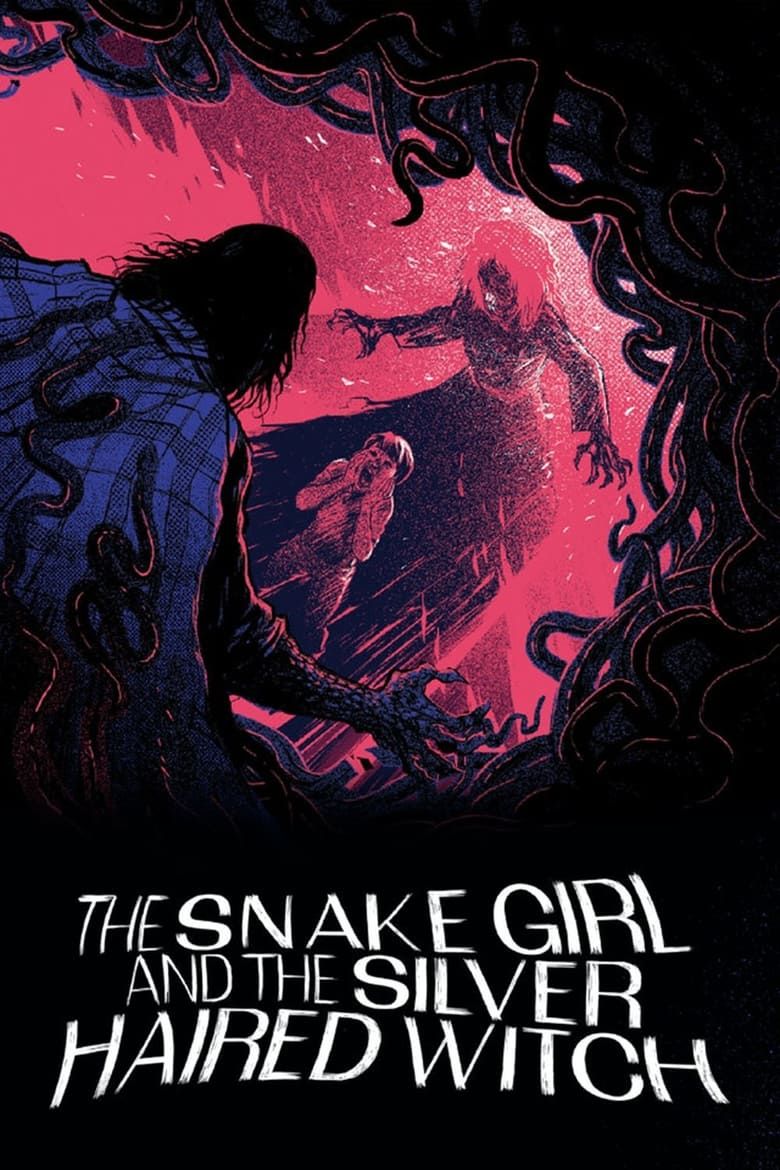
Children’s lack of experience and power is an underutilized angle in horror.
Their inability to advocate for themselves or understand what’s happening to them is real-world terror.
The Snake Girl and The Silver-Haired Witchis available to rent on Apple TV.

Watch on Apple TV
Your Rating
Your comment has not been saved
Cast
